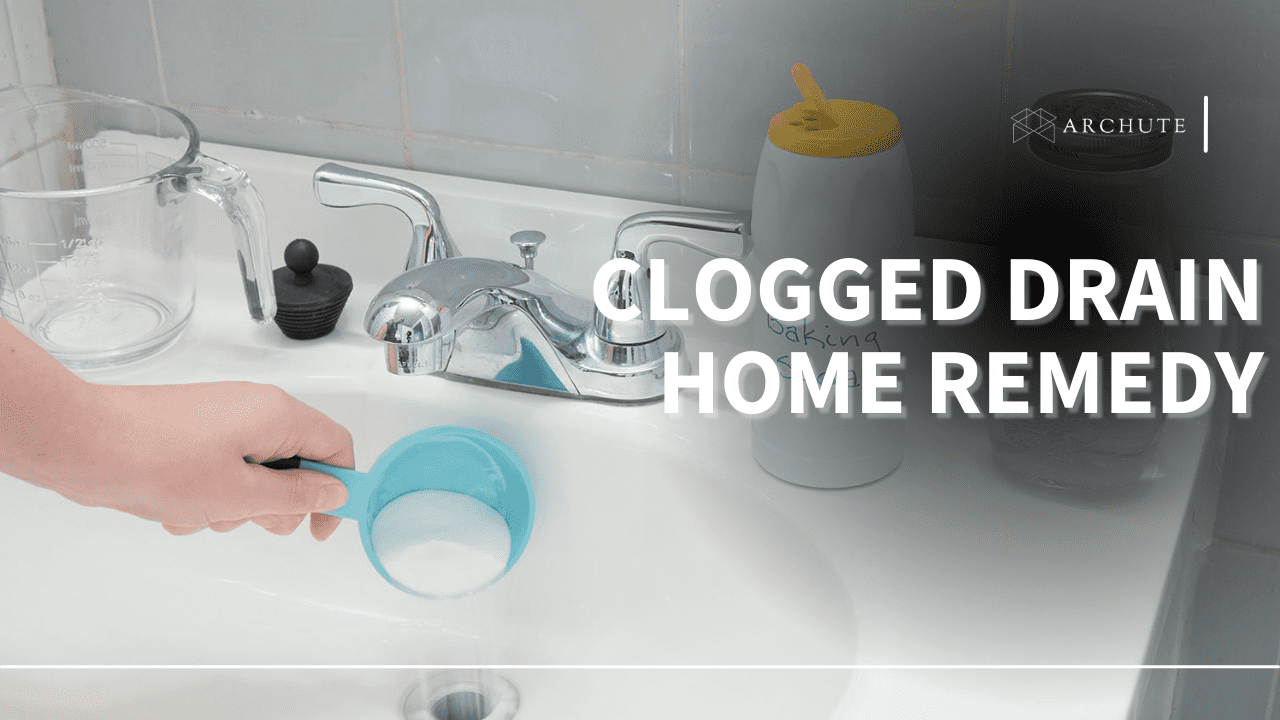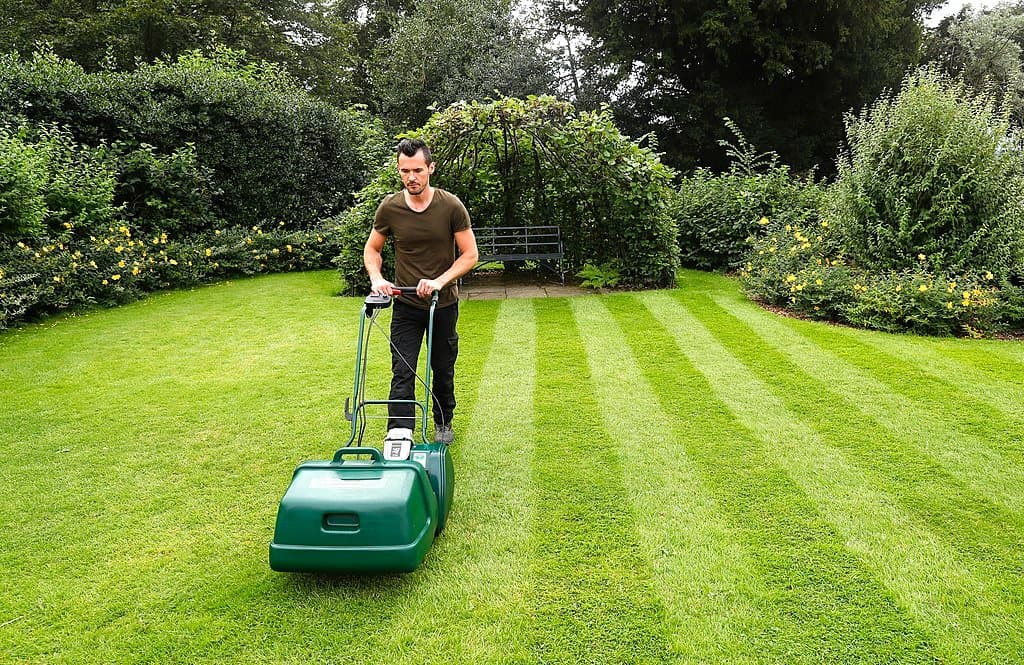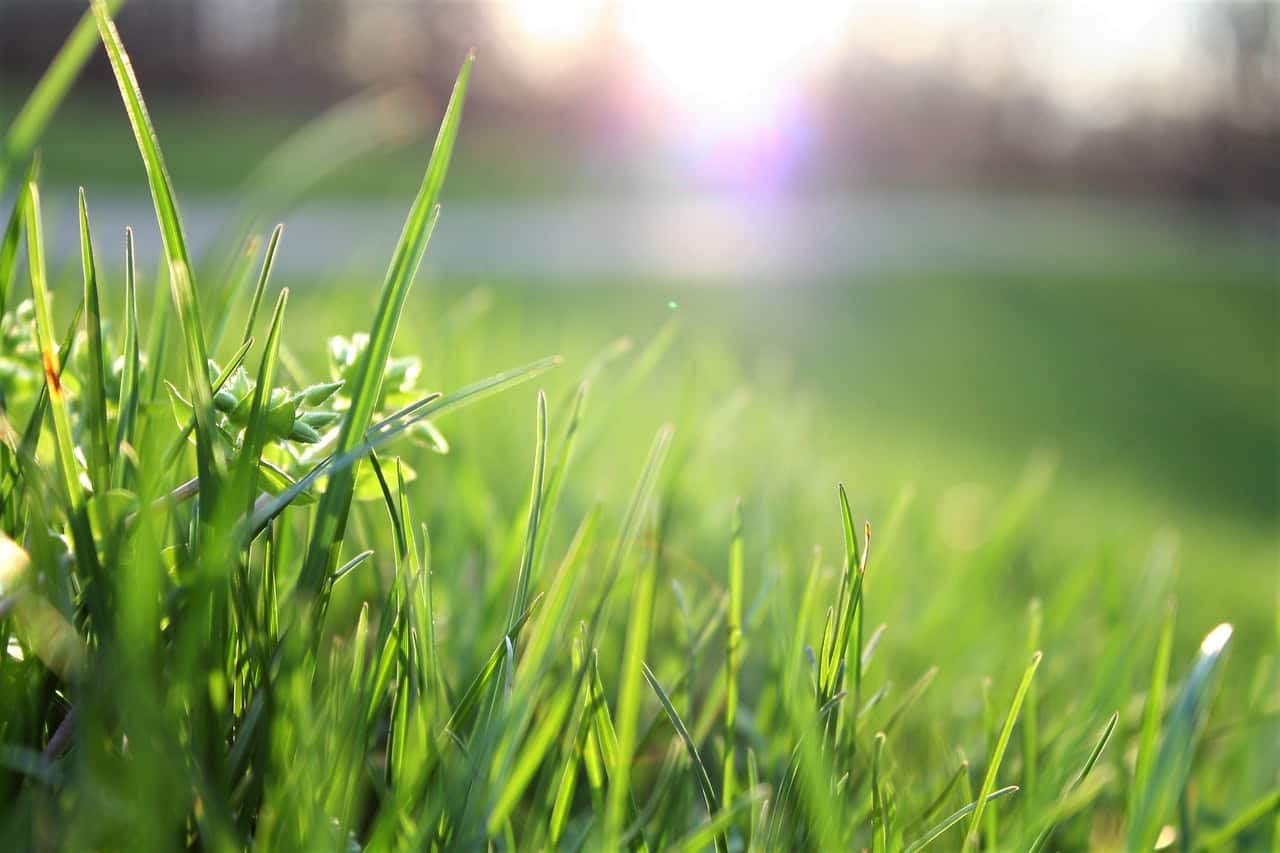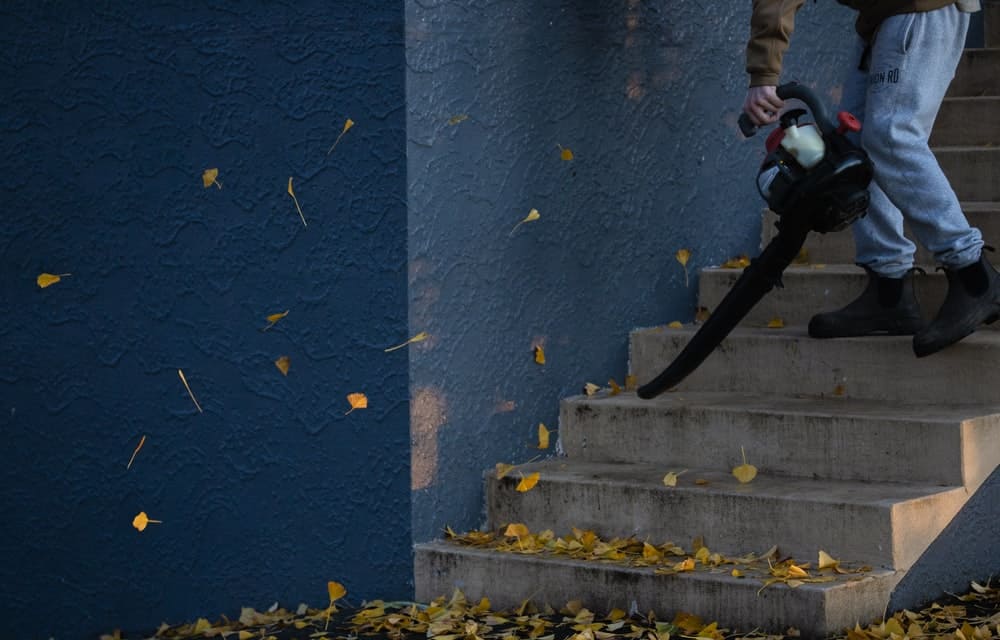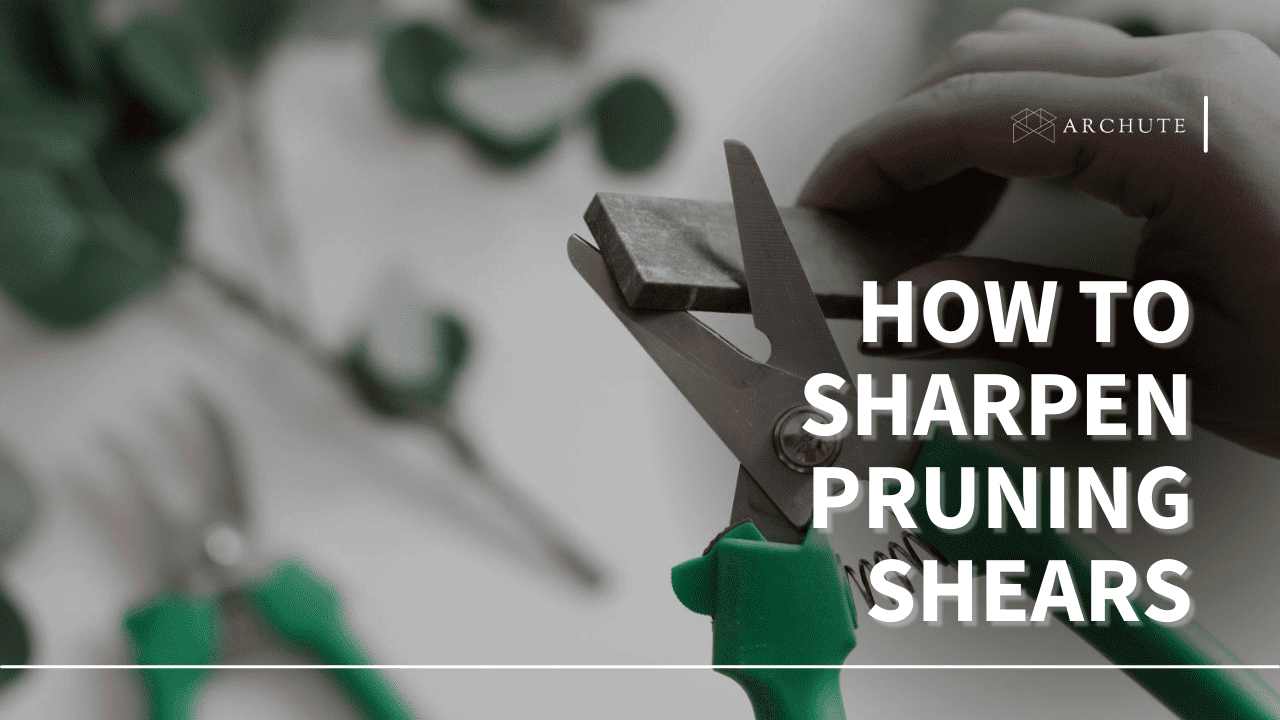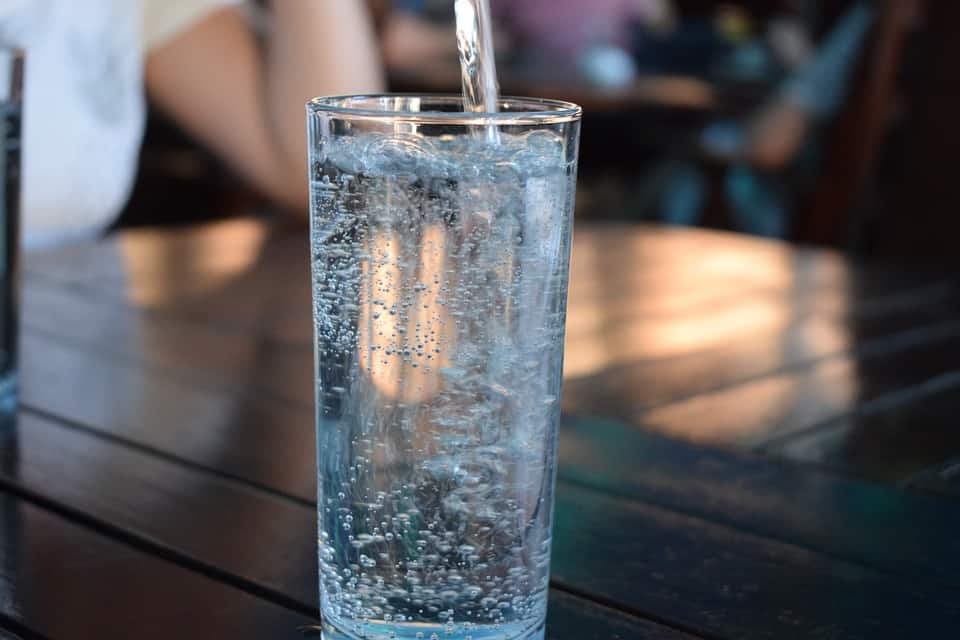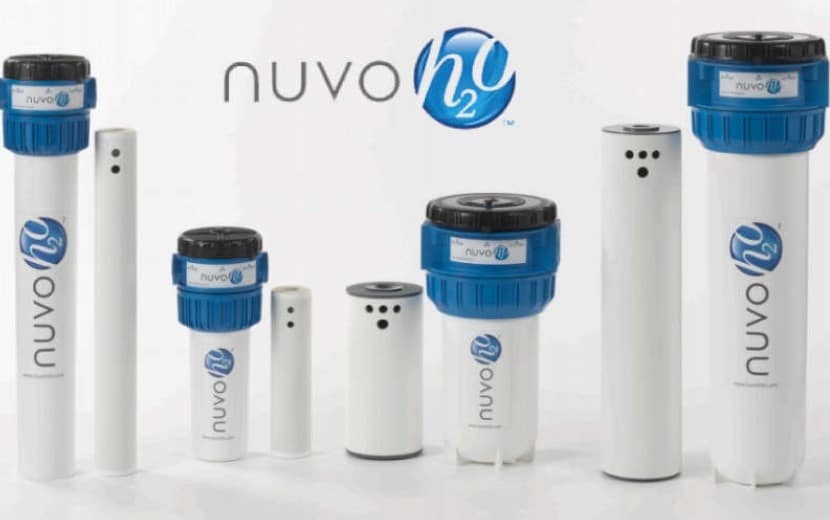Drains are easily clogged, especially in kitchen sinks, bathtubs, and showers. Certainly, nothing is worse than a clogged drain in your bathroom or kitchen! A clogged drain leads to still water, nasty odors, and anger. Moreover, having to fix clogged drains will certainly throw off your daily routine but do not call the plumber or drain cleaners just yet.
While a drain cleaner can be expensive and harmful to your pipes, a clogged drain home remedy may take a few tries to fix the issue completely. There can be various reasons for drain clogs, including rinsed food plates, soap residues, dirt particles, hair, and hardened grease. Fortunately, there are several techniques you can try at home to unclog your sinks and shower drain before you call a plumber.
This article explains some simple yet effective clogged drain home remedies to open up those blocked conduits. Delve in!
Clogged Drain Home Remedies
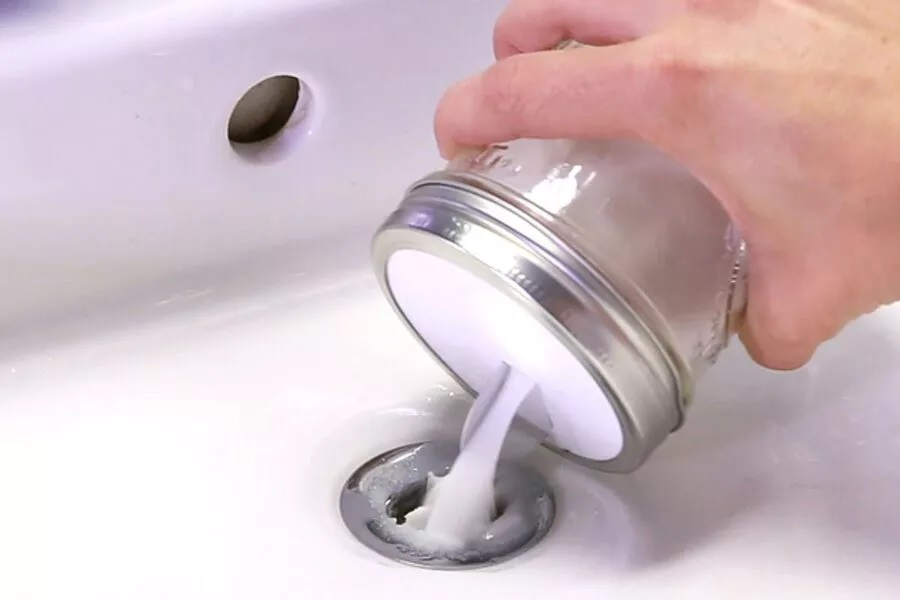
Image Credits: 1tomplumber.com
1. Vinegar, Baking Soda, and Salt
Follow the steps below:
- Mix a cup of baking soda and 1 cup of basic table salt, and pour the mixture down your clogged drain.
- Pour one cup of white vinegar (heating up the vinegar first will yield better results, but it is not essential). You’ll immediately hear fizzing and bubbling from the chemical reactions occurring.
- Plug the drain and let it sit for at least 1 hour. You can leave the mixture to sit overnight, depending on how clogged the drain is.
- Unplug the drain and pour a pot of boiling water. Keep flushing boiling water down the train until it is clear.
2. Citric Acid and Baking Soda
The citric acid and baking soda mixture dissolves small bits of food, hair, and grease and cleanses the drain from other impurities and bacteria. The mixture also prevents odors from spreading.
- Remove excess water from the washbasin or sink.
- Pour a glass of citric acid into the clogged drain, followed by the same amount of baking soda.
- Allow the mixture to sit for about one hour.
- Wash away the mixture with boiling water.
3. Vinegar and Salt
When a clog interacts with salt and vinegar, it dissolves, making it easier to flush hot water down a clogged sink or shower drain. This mixture also eliminates foul odors in the drain.
- Ensure all the water is drained.
- Pour 1 cup of salt and 1 cup of vinegar into a container and shake well to mix.
- Pour the mixture into the drain and let it settle for 30 minutes to 1 hour.
- Clear the drain pipe with hot water from the tap or boiling water.
4. Vinegar and Baking Soda
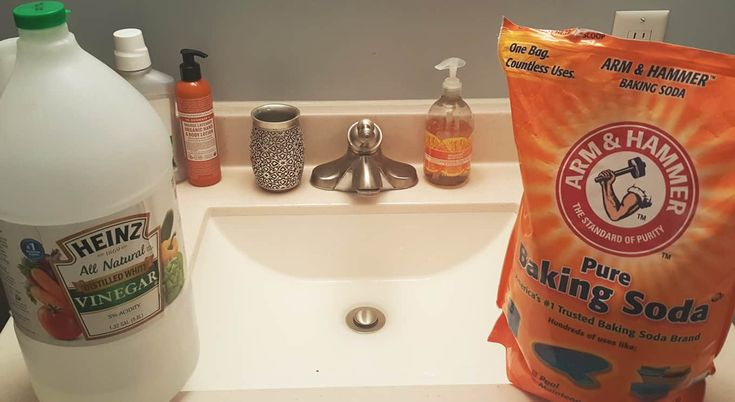
Image Credits: pinterest.com
Vinegar and baking soda are some of your best allies when it comes to keeping your drains clean. When you combine them correctly, you can eliminate most clogs with one simple solution.
- Ensure all the water has gone down the clogged drain pipe.
- Unplug the drain and pour 1/4 cup baking soda and 1/2 cup cleaning vinegar down the drain pipe. The baking soda and vinegar mixture will cause a fizzy reaction, forcing the clog to loosen up.
- Let it sit for one hour, then pour hot boiling water down the drain.
5. Boiling Water
This is the simplest clogged drain home remedy. All you have to do is boil water and slowly pour the piping hot water down the clogged drain.
The boiling water is most effective when the clog is made of organic matter. The hot water loosens, breaks, and dissolves the clogs. However, do not pour boiling water down the drain pipe when you have CPVC, PEX, and PVC pipes because it will melt and loosen the joints. Also, don’t pour boiling water into a porcelain sink because you might end up with a cracked sink
6. Dish Soap and Hot Water
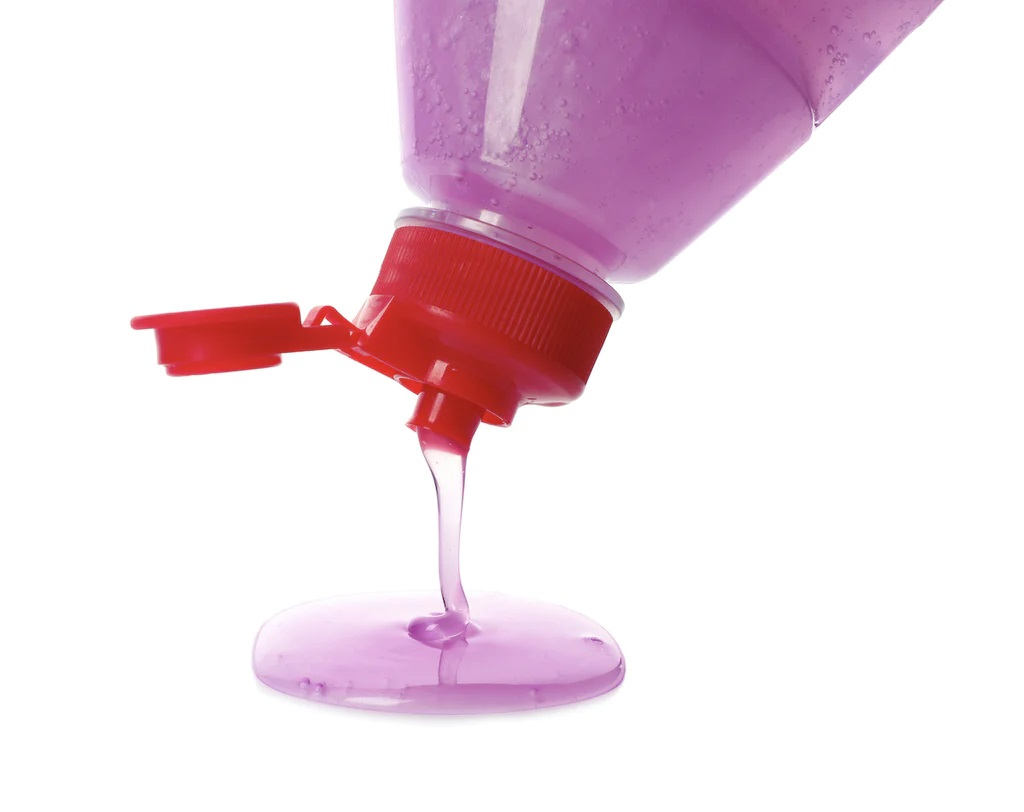
Image Credits: tubshroom.com
The dishwashing liquid also effectively cleans the shower and kitchen sink drains. Dish soap and hot water are best at fighting clogs caused by fat, grease, and oil. The solution breaks down clogs built up on the drain’s pipe for water to move easily. In addition, it fights soap scum around hair clogs for shower drains, so the clog loosens and becomes easy to flush down the drain with water.
Here are two ways to use dish soap and hot water for clogs:
- Pour a portion of dish soap into the clogged drain and let it sit for 30 minutes. Then, flush the drain with the tap’s hot water or boiling water.
- Pour a portion of the dish liquid into a pot of boiling water.
- Slowly pour the resultant mixture down the clogged drain.
- Rinse the drain with hot water from the tap.
7. Baking Soda and Boiling Water
Another home remedy for clogged drains is boiling water and baking soda. The baking soda loosens tough clogs and removes odors.
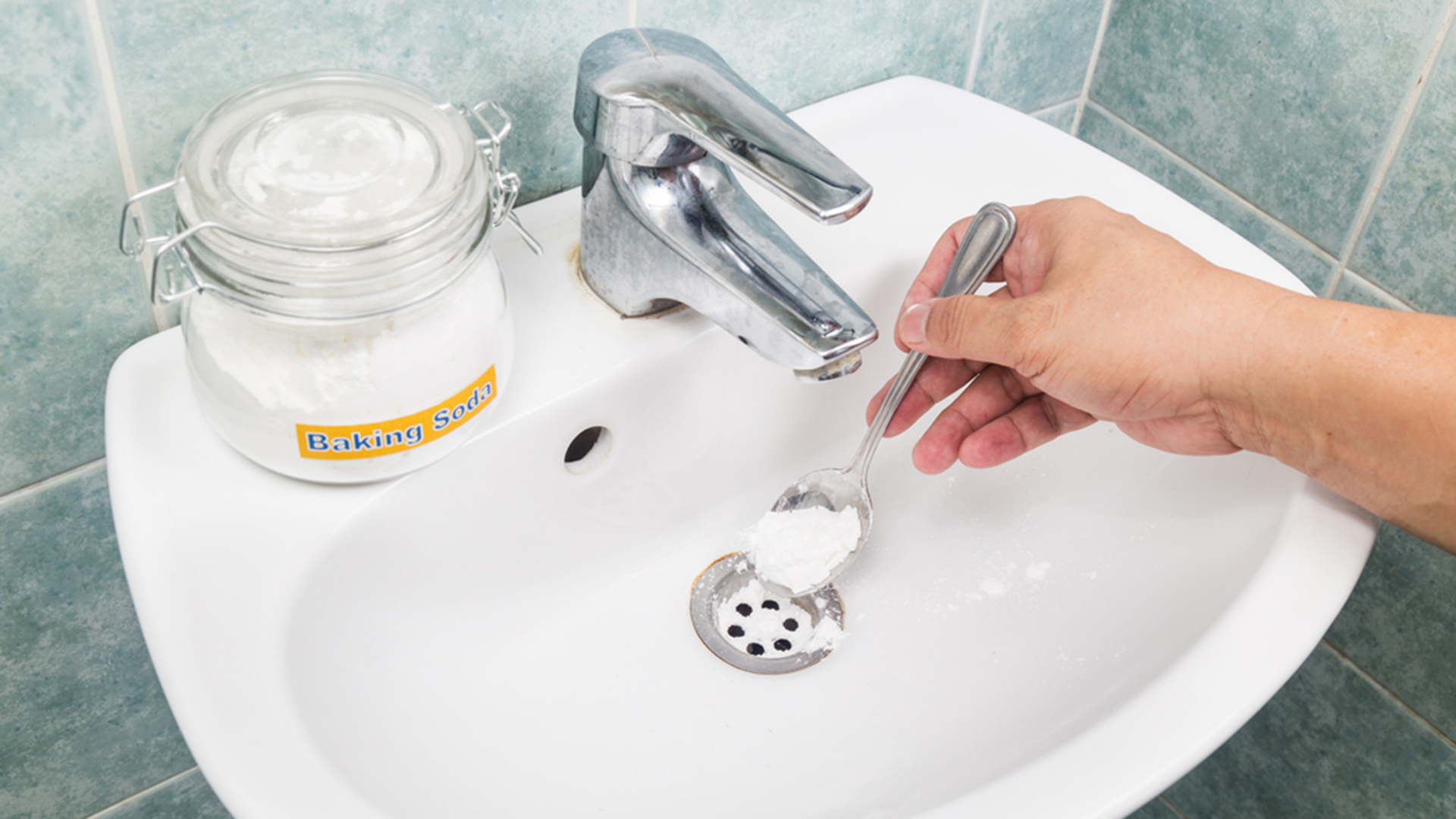
Image Credits: today.com
Pour ½ to 1 cup of baking soda into the blocked drain and let it sit for 30 minutes or longer, depending on how clogged the drain is. Next, slowly pour the boiling water down the clogged drain to flush the loose clogs and baking soda. However, skip this method if boiling water is not appropriate for your drain pipes.
8. Salt and Boiling Water
Salt and boiling water solution is excellent for minor clogs, though it can also work for large clogs if it stays longer in the drain.
Pour 1 cup of salt into the drain, then immediately follow it with boiling water. Allow it to rest for at least 30 minutes, then pour another round of boiling water to clear the drain. For large clogs, pour salt, leave it overnight, then flush the drain with boiling water.
9. Salt, Cream of Tartar, and Baking Soda
Cream of tartar is a dry, powdery element used in baked goods. It is an unusual yet effective home remedy for a clogged drain. However, it can’t work alone. Baking soda and salt loosen up the clog and eliminate smells in the drains, while the tartar cream cleans the drainage pipe.
- Mix salt, baking soda, and cream of tartar in a sealed container.
- Pour the mixture down the blocked drain.
- Leave it for an hour or overnight, then wash it with the tap’s hot water or boiling water.
10. Plunger
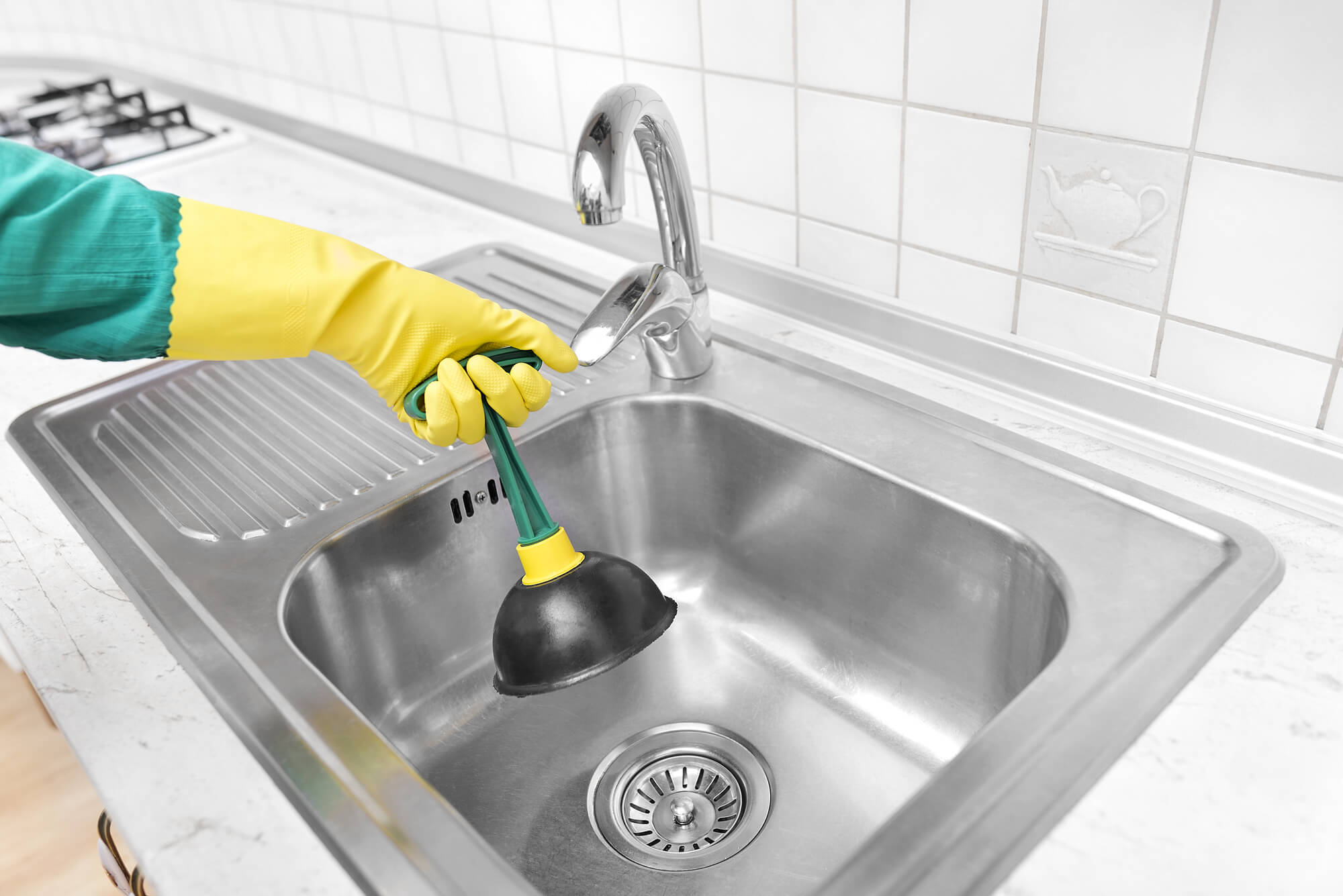
Image Credits: myguysnow.com
This method is mainly for kitchen sink clogs, but you can also try it on other areas, such as a bathtub drain with standing water. Ensure you have a rubber cup-shaped plunger that will form a proper seal over the clogged drain.
First, remove any objects or strainers in or around the drain. Then fill the sink halfway with hot tap water and use fast, sharp movements to ‘pump’ the clogged drain. Test occasionally to see if the clog has been resolved. If not, keep ‘pumping.’
11. Salt, Borax, and Vinegar
Follow the steps below:
- Pour ½ cup of salt and 1/2 cup of Borax into the clogged drain, and then follow it with 1 cup of vinegar.
- Add 1 pot of boiling water and let it rest for an hour or overnight.
- Finally, rinse with hot tap water to flush all ingredients down the drain.
12. Baking Soda and Salt
The baking soda and salt mixture will soften and loosen hard clogs making it easier to flush down the clogs with boiling water.
- Mix 1 cup of baking soda and ½ cup salt in a container.
- Pour the mixture down the drain pipe and wait an hour.
- Flush the drain with boiling water.
13. Snake it Out
When the other methods fail, it may be time to remove clogged drains physically. A drain auger or snake is the perfect tool to unclog even the most stubborn ones. This method allows you to reach deep into the clogged drain to dislodge whatever stops the water from flowing.
Remove the plug or stopper to access the drain opening. Then, insert the auger down the opening, crank the handle and capture all the mess clogging your pipes. Once satisfied, pull the wire to remove all the debris and other matters to unclog the sink.
If your drain’s stopper or plug can’t be removed, you’ll need to loosen the connectors and snake the clogged drain from the bottom up. Once you’ve removed the debris, reassemble the connectors and check the water flow.
Tips for Preventing Clogged Drains
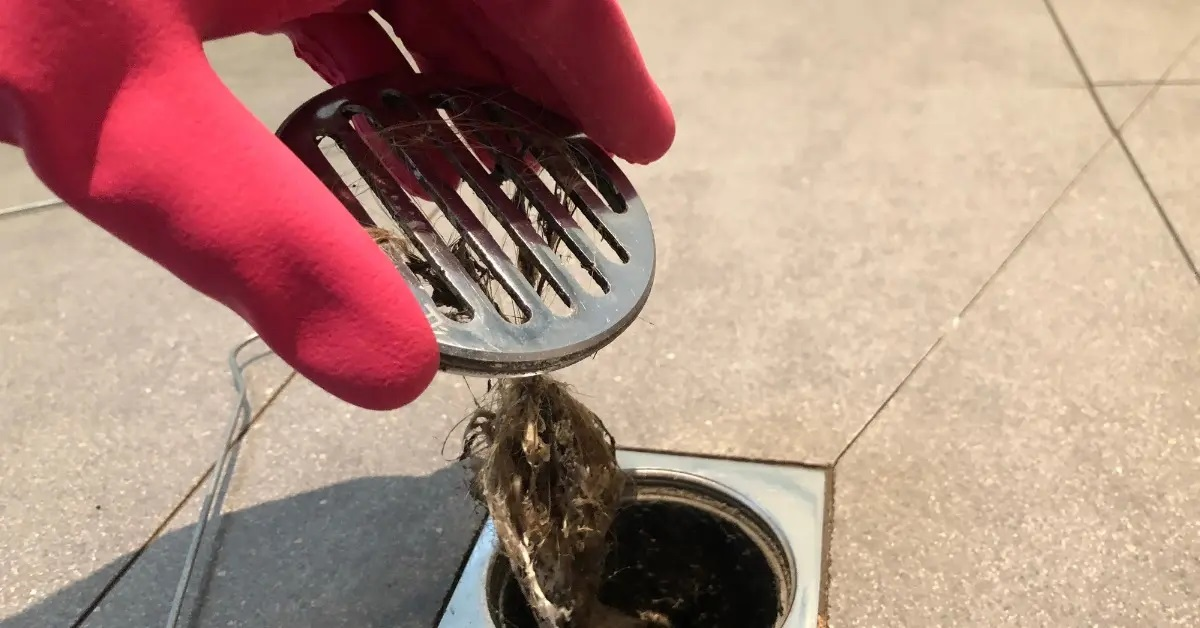
Image Credits: greenmatters.com
The best way to prevent a clogged or slow drain is by being cautious of what goes down the drain. Here are some easy and inexpensive ways to prevent drain clogs
- Put a hair trap in the bathroom tubs, sinks, and showers.
- Don’t allow grease or oil down the drain.
- Rinse the drains regularly with hot water.
- Avoid harsh chemicals; instead, use natural cleansers to clean the drains.
- Use a mesh drain strainer
- Do not flush food scraps down the kitchen sink.
- Avoid placing the following in your garbage disposal.
- Coffee grounds
- Eggshells
- Meat and bones
- Pasta, rice, or other grains
- Vegetable and fibrous fruit peels
- Paper products
- Harsh chemicals and paint
Frequently Asked Questions
a) How do I prevent my drains from clogging?
Keep your showers, sinks, and tubs clean by removing debris, hair, or food. Also, rinse the drains frequently with hot water, and if they’re running slow, use a drain cleaner.
b) What causes clogged drains?
Food particles, minerals buildup, hair, grease, oil, animal fur, and small objects can clog the drains. The debris clumps together and become lodged in the drain pipe.
c) What is the best method for unclogging drains?
The best way to unclog drains is using home remedies because they are cheap and do not produce toxic fumes that can cause physical damage to your pipes.
d) Can I use Coca-cola to unclog a drain?
Yes, pour a 2-liter bottle of cola (Coke, Pepsi, or generic brand equivalents) down the clogged drain and wait for an hour or two before flushing with boiling water. Though Coke is acidic and excellent in removing clogs from drains, it’s significantly gentler than professional drain cleaners.
Bottom Line
Dealing with a clogged drain can be another nightmare for homeowners, and of course, your first reaction will be calling a professional plumber. However, while an expert can fix the problem, why not give clogged drain home remedies a try and save some money?
All the methods discussed above are known to help unclog household drains. Moreover, these ingredients are likely available in your home, saving you money and trips to local shops.
Featured Image Credits: thespruce.com

